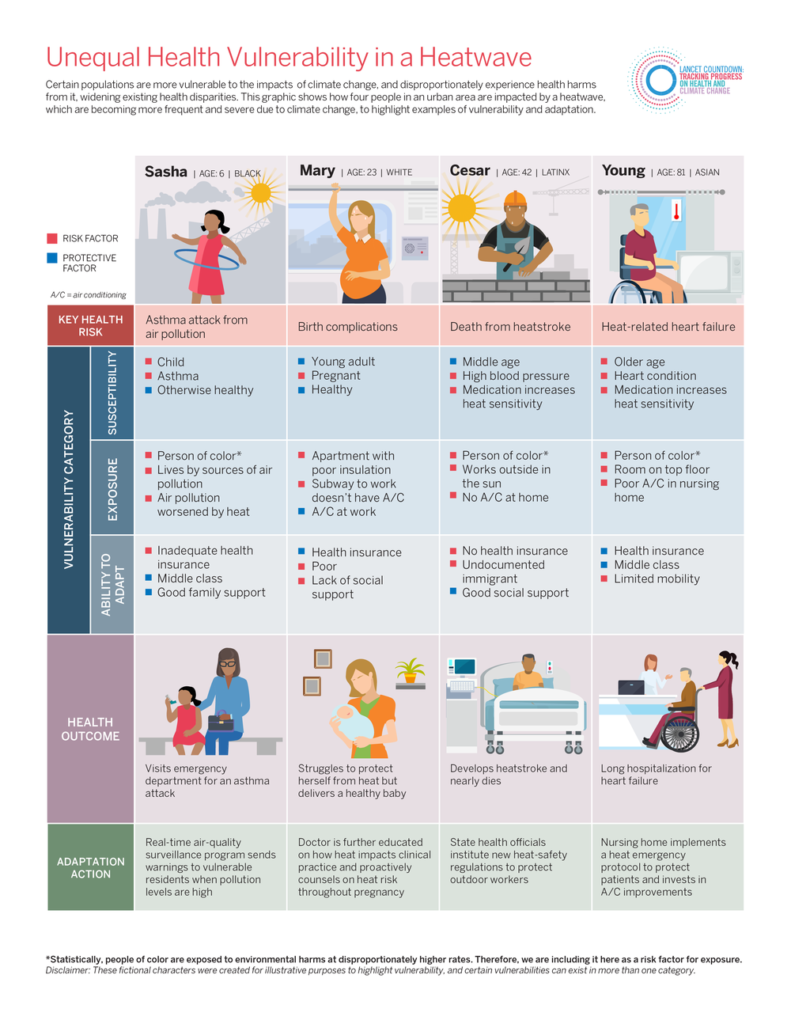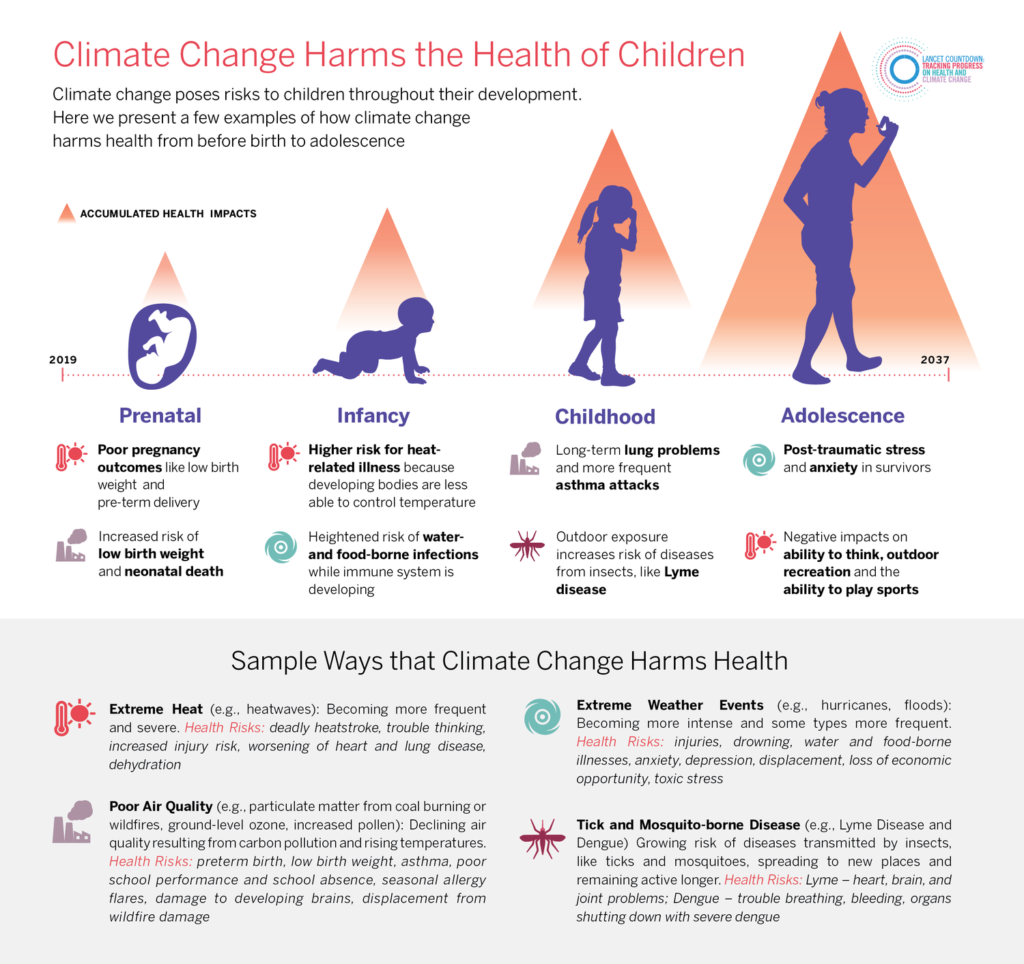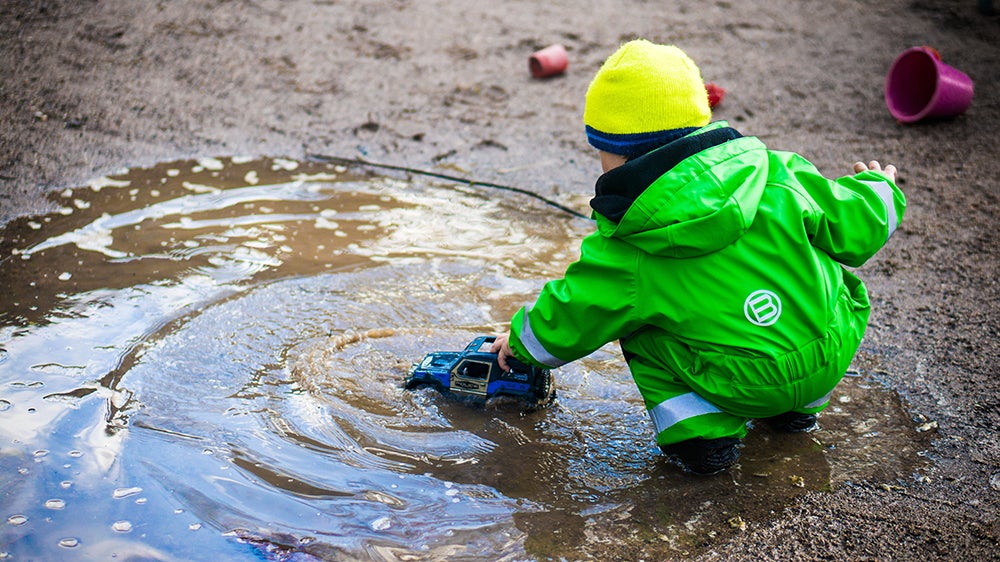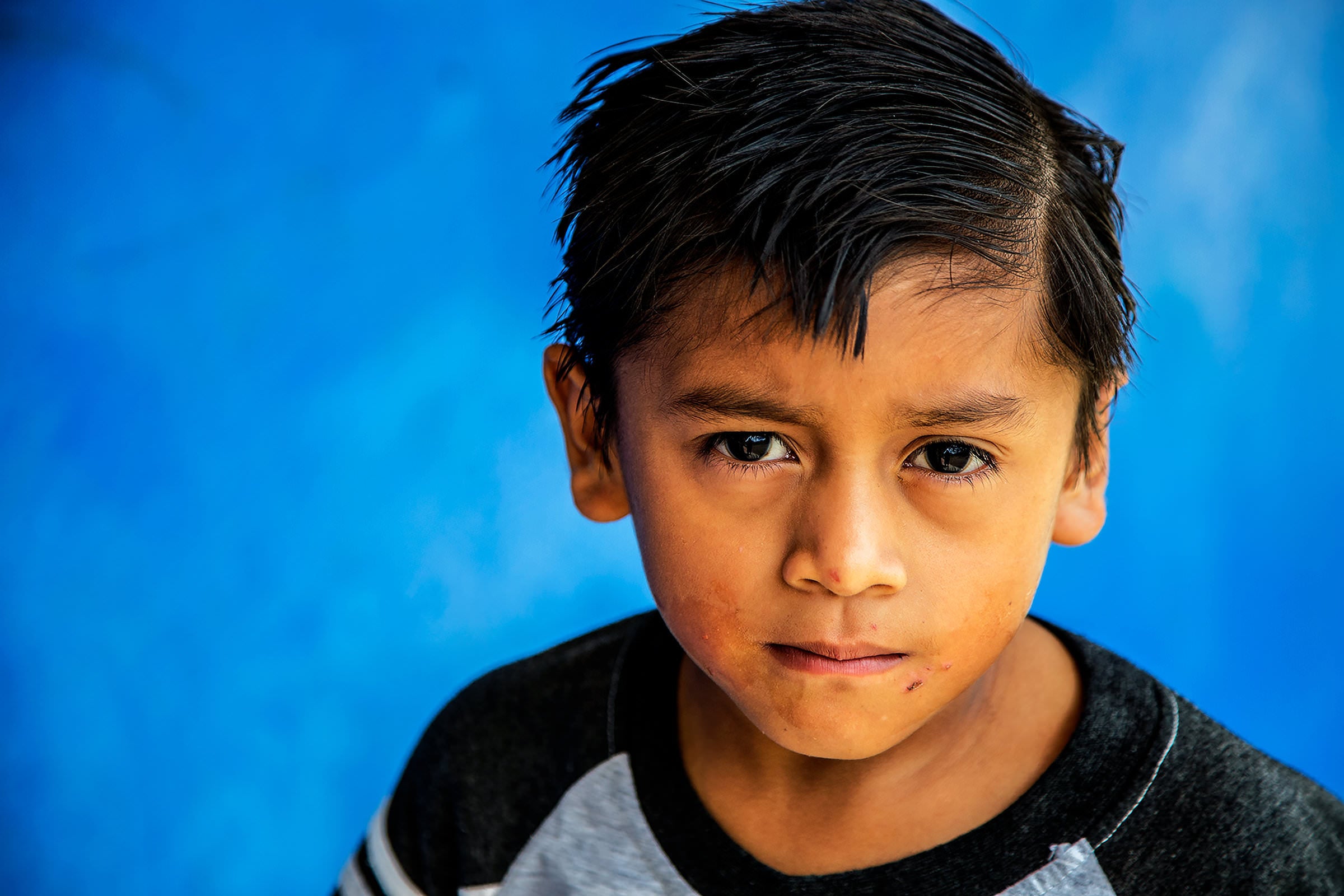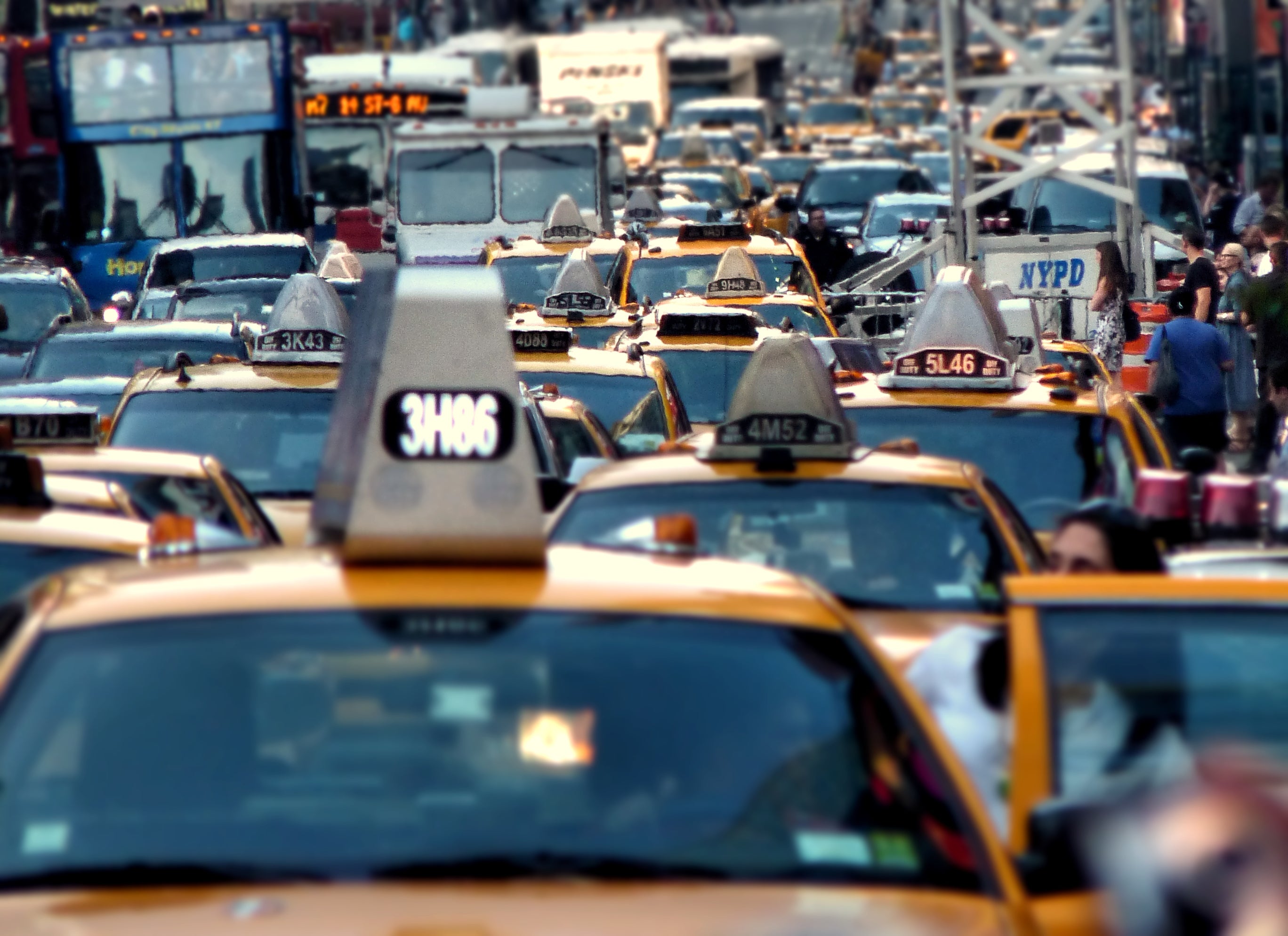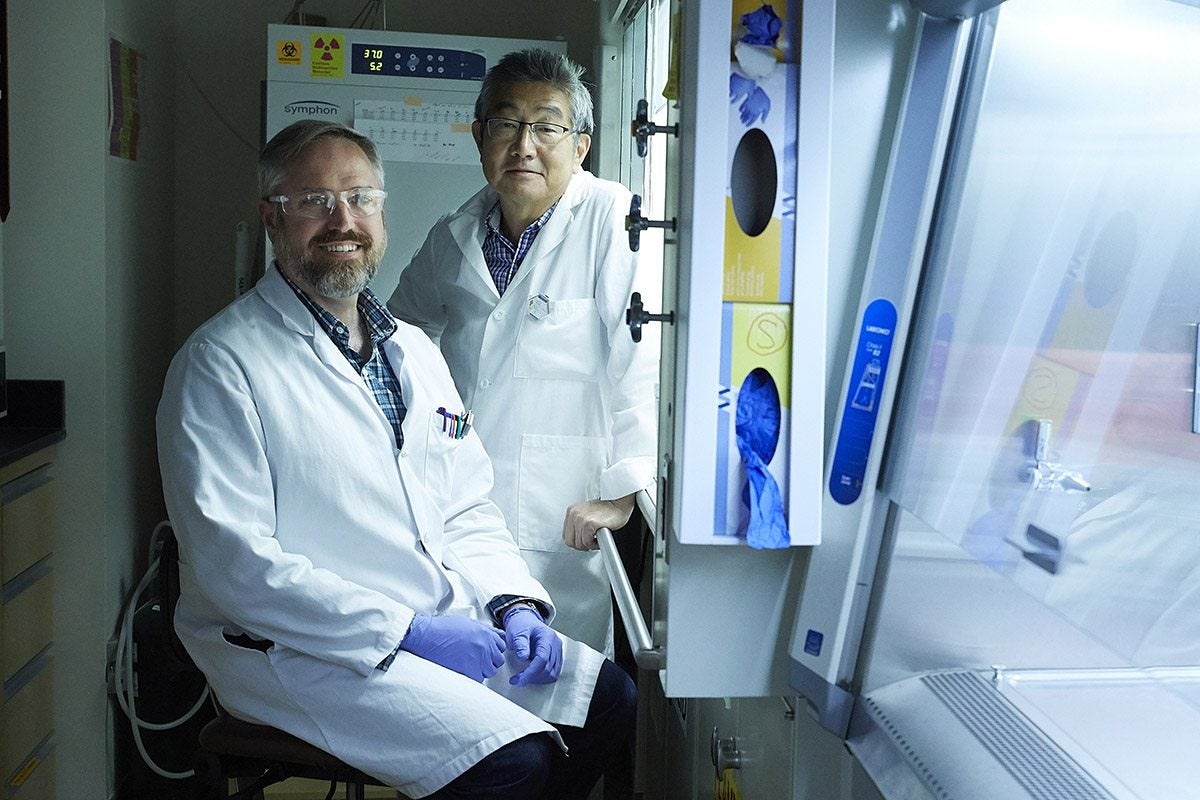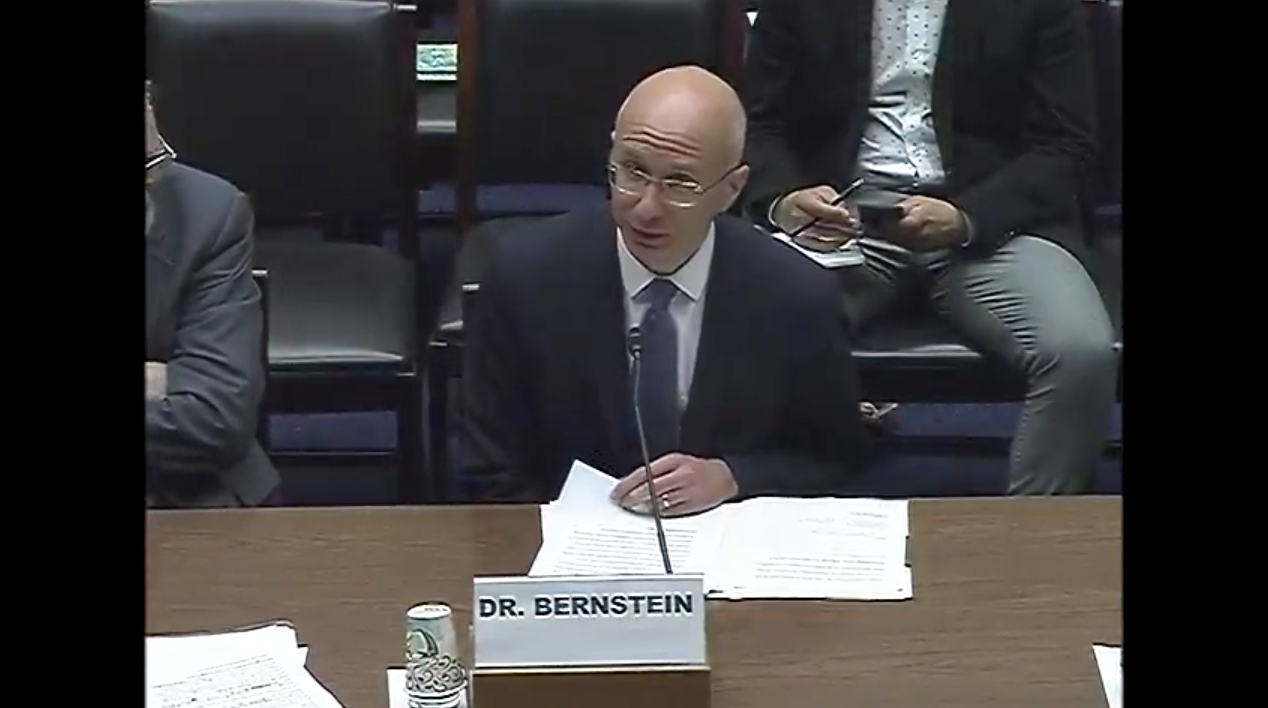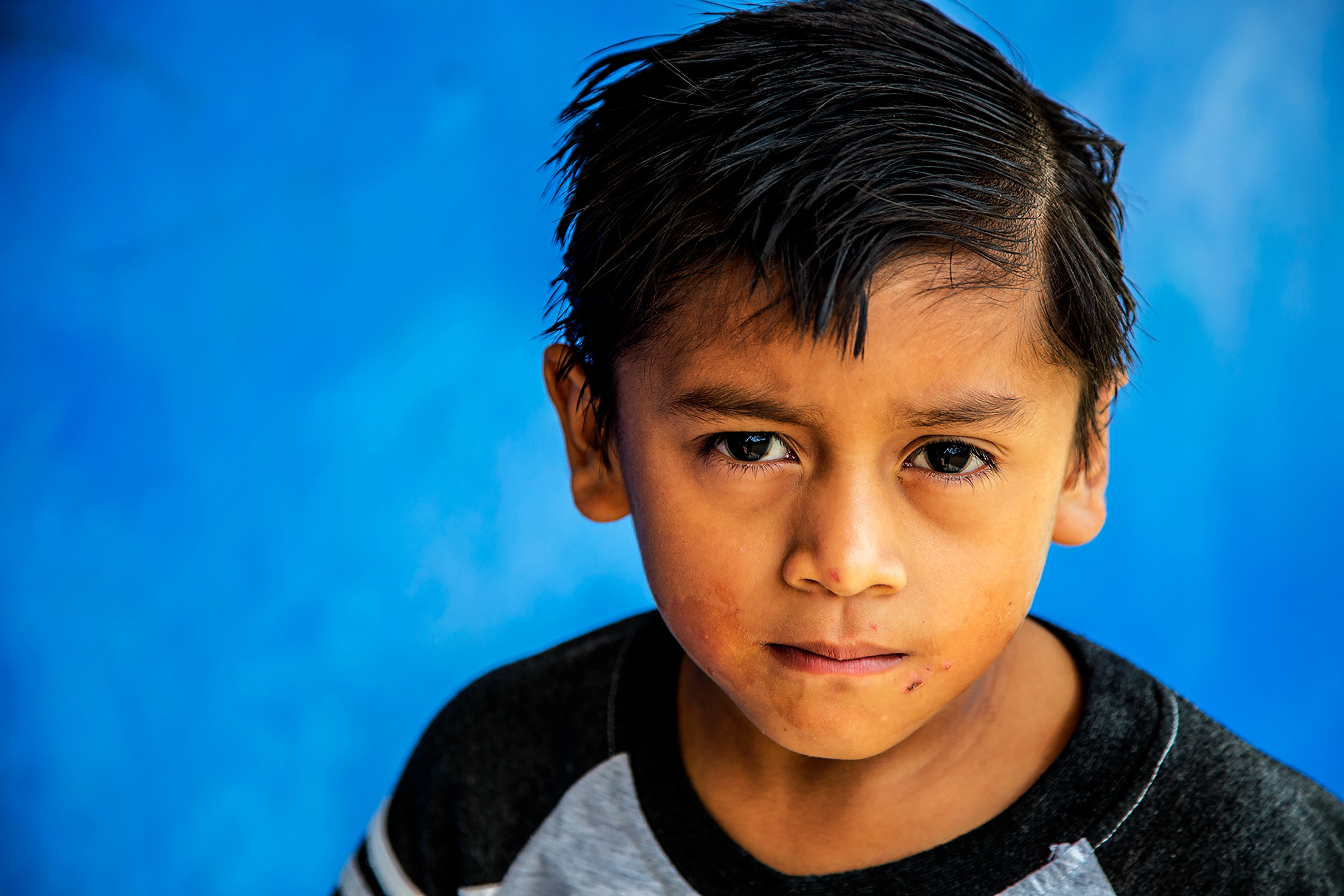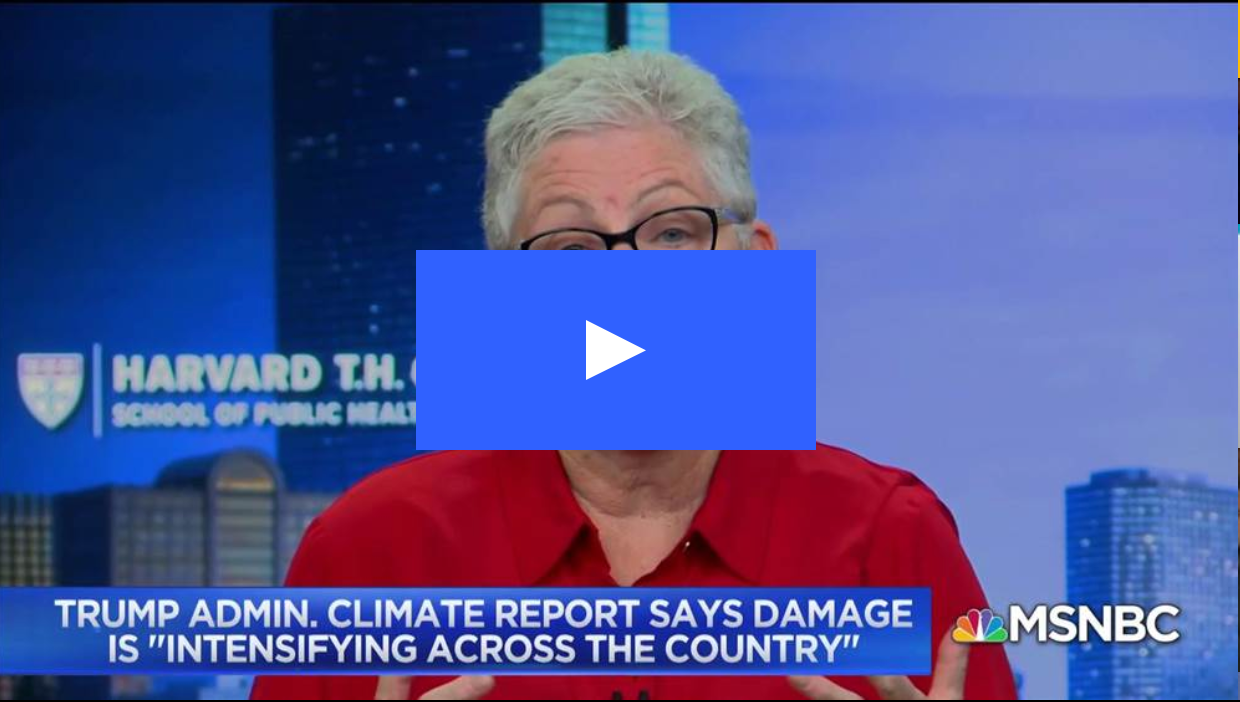Related: Lancet Countdown 2020 | 2021
Babies born today will face unprecedented health risks and life-long health consequences from rising temperatures, according to new research published in The Lancet. The 2019 Lancet Countdown on Health and Climate Change is a comprehensive yearly analysis tracking the impact of climate change on human health across 41 indicators around the world.
The U.S. Policy Brief, which accompanies the global report, summarizes how vulnerable and marginalized populations in the U.S. are disproportionately harmed by the climate crisis, as well as how children are likely to face far greater health impacts from climate change than previous generations. Dr. Renee Salas, an emergency medicine doctor and a Harvard C-CHANGE fellow was the lead author of the U.S. Brief.
Top takeaways:
- Every child born today will be affected by climate change. How we respond will determine the world we live in tomorrow and will shape the health of children across the globe, at every stage of their lives.
- Our cities are starting to prepare. 69% of cities across the world are currently developing or have already completed a climate change risk assessment.
- Governments need to do more. Only 28 countries made the link between health and climate change at the UN General Assembly in 2018.
Some populations, including children, pregnant women, the elderly, and outdoor workers, are more vulnerable than others.
- Children: Climate change, and the air pollution from fossil fuels that are driving it, threaten a child’s health starting in their mother’s womb.
- Pregnant women are at risk for birth complications.
- Outdoor workers are increasingly exposed to life-threatening heat in the U.S. and urgent action is needed to protect them from further harm.
- Older adults age 65 and above are especially vulnerable to extreme heat, and as the world warms they are experiencing more dangerously hot days.
If the world follows business-as-usual emissions, here’s how children born today will experience a warming world:
- Kids will feel the deadliest impact of disease outbreaks. Children are particularly susceptible to the infectious diseases that rising temperatures and changing rainfall patterns leave in their wake.
- Throughout their lives, extreme weather events will intensify. Children will be put at increased risk of physical and mental harm from severe floods, prolonged droughts, and wildfires.
- In adolescence, the impact of air pollution will worsen, which is especially damaging to young people whose lungs are still developing. Air pollution contributes to reduced lung function, aggravated asthma, and increased risk of heart attacks and stroke.
- By their 71st birthday, they will see consequences including food shortages, spread of disease, lack of safe drinking water, increasingly deadly fires and floods, and increasing numbers of days where temperatures and air pollution make it unsafe to go outside.
There’s still time for rapid climate action
Despite the scale of the challenge, the report offers reason for cautious optimism. For the world to meet its climate goals and protect the health of the next generation, the energy landscape will have to change drastically, and soon. Nothing short of a 7.4% year-on-year cut in fossil CO2 emissions from 2019 to 2050 will limit global warming to 1.5°C. The U.S. Brief provides adaptation and mitigation recommendations for crafting climate policies.
To protect our children’s future, climate policies must:
- Rapidly reduce greenhouse gas emissions beyond the Paris Agreement
- Completely phase out coal
- Commit to a 100% clean energy goal
- Ensure high-income countries invest US$100 billion/year by 2020 to help low-income countries
- Require low-emission vehicles
- Create walking/biking paths
To protect our healthcare system policies must invest in:
- Resilient infrastructure
- Emergency preparedness
- Supply chain resilience
- Surveillance of health impacts
- Research in how trends will impact health
“The Lancet Countdown on Health and Climate Change Policy Brief for the United States of America,” by Renee Salas, Paige Knappenberger, Jeremy Hess, published November 13, 2019, https://www.lancetcountdownus.org/2019-lancet-countdown-us-brief.
Links:

